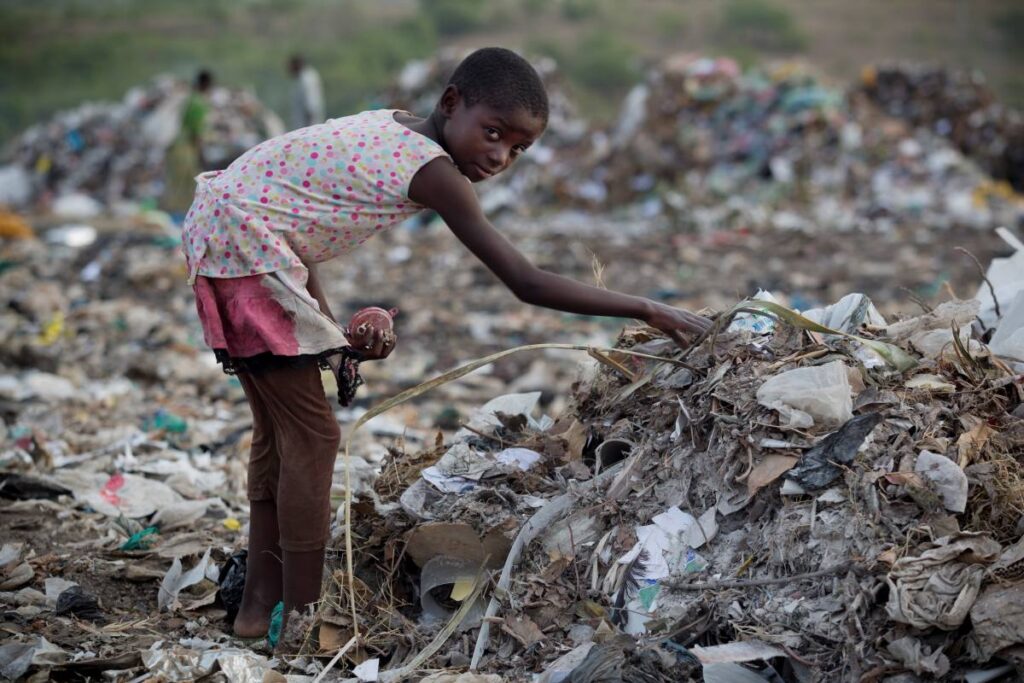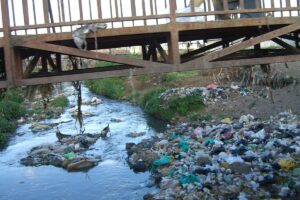Last week there were two major occurrences that will impact Kenya’s food security. The second of these occurrences took place on Thursday when President Ruto launched the 2022 Short Rains (October to December) Assessment Report at State House Nairobi. The report revealed that Kenya has experienced a fifth consecutive poor rainfall season. This has adversely affected an estimated 6 million people in 32 counties. Amongst those affected are over 970,000 children aged between six to nine months and 142,000 pregnant women. These vulnerable members of our society are currently malnourished and in need of urgent help.
What this report doesn’t reveal just because it is beyond its scope is that all 50 million Kenyans are indirectly affected by the five consecutive poor rainfall seasons. We are all interdependent. If those who work for you in your office or household are eating less or skipping meals, their productivity will be affected, which will directly impact you. That’s why we must rise together from this food insecurity or we will eventually sink together.
I am confident that we, as a nation are now taking steps that will improve our climate resilience and the food security that relies on it.
Climate resilience refers to our ability to prepare for, recover from, and adapt to the impacts of climate change, which include poor rainfall seasons like the ones we have been experiencing.
Last week on Monday, the first major occurrence related to our food security passed almost unnoticed by the public. On that day, President Ruto nominated four distinguished Kenyans to the Climate Change Council. These four are Emily Mwende Waita, John Kioli, Umar Omar and George Odera Outa.
Although Kenya’s historic Climate Change Act was enacted into law in 2016, it has taken seven years for its operationalization to commence through the nomination of these four Council members. Parliament will now subject them to constitutionally mandated scrutiny.
This Council will be chaired by the President himself and will amongst other things, ensure the mainstreaming of the climate change function by the national and county governments. As such, the Council will then ensure that God forbid, if there will be a sixth consecutive poor rainfall season next year, the National and County Governments will not be caught napping. That’s why the Council’s full operationalization is critical.
Once approved, the Climate Change Council must immediately swing into action because of these three reasons:
Firstly, another failed rainfall season would plunge millions more Kenyan into chronic hunger. We must therefore implement climate resilience interventions immediately. According to the United Nations Framework Convention on Climate Change, climate resilience includes interventions like switching to drought-resistant crops and reducing dependence on rain fed agriculture. Let’s simplify this language for Kenyans to execute.
Secondly, we need to ensure that all nature-based economic activities are not undermined by a changing climate. Research by Germany’s University of Hohenheim reveals that climate change has severely impacted the Serengeti-Mara migration that draws thousands of tourists to Kenya every year. The wildebeest have declined by 60% since 1977. If this trend continues, one of Kenya’s major tourist attractions and tourism at large will be dealt a fatal blow, which will directly affect the livelihoods of millions of households.
Thirdly, as Kenyans grapple with high cost of living, there is need for developing a more climate resilient economy. The Kenya Climate Change Act states that, ‘the National Climate Change Action Plan shall address all sectors of the economy.’ This is a monumental task that should now be handled through the coordination and stewardship of the National Climate Change Council.
The United Nations Economic Commission for Africa has revealed that climate change impacts are already costing Africa 5% of its GDP every year. A fully operational Climate Change Council will help Kenya to stem this loss and attract increased climate resilient investments. Think green, act green!



